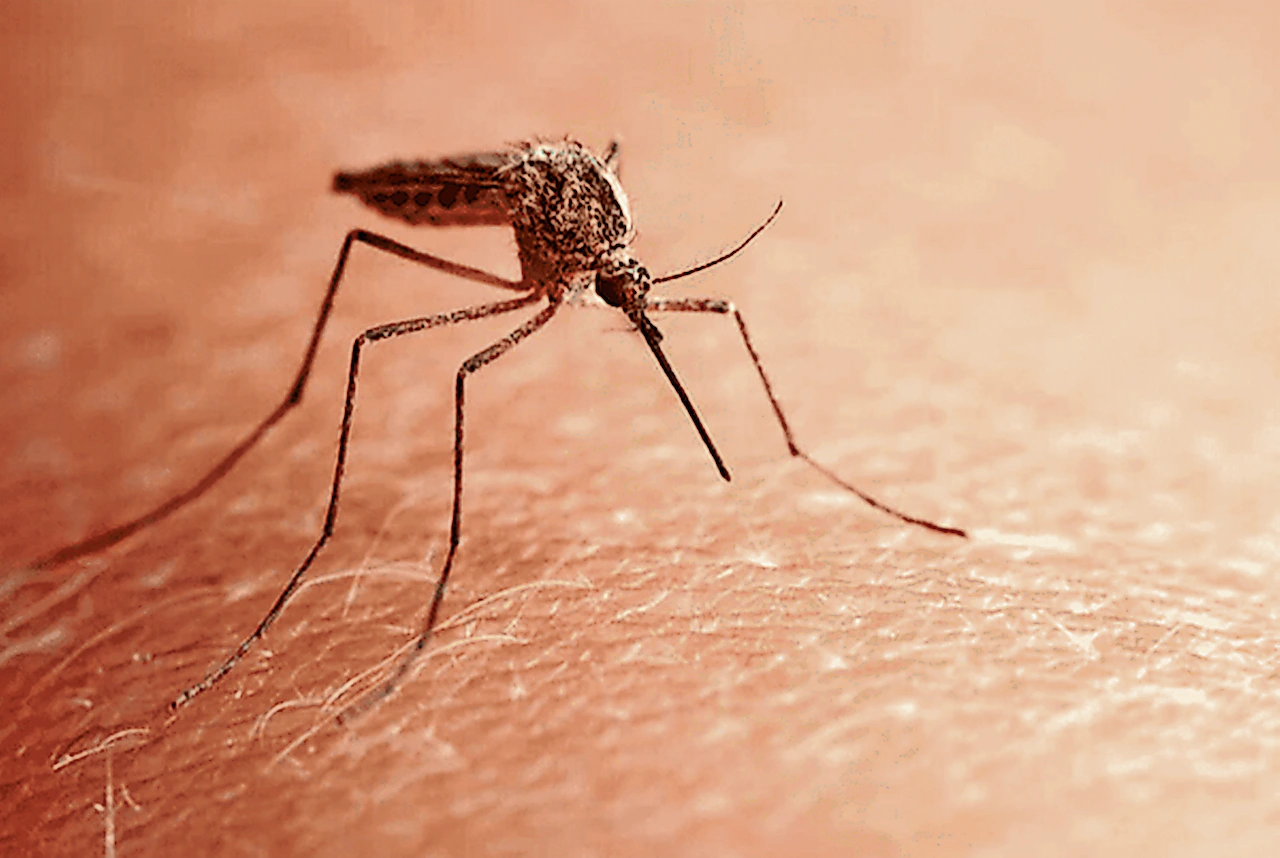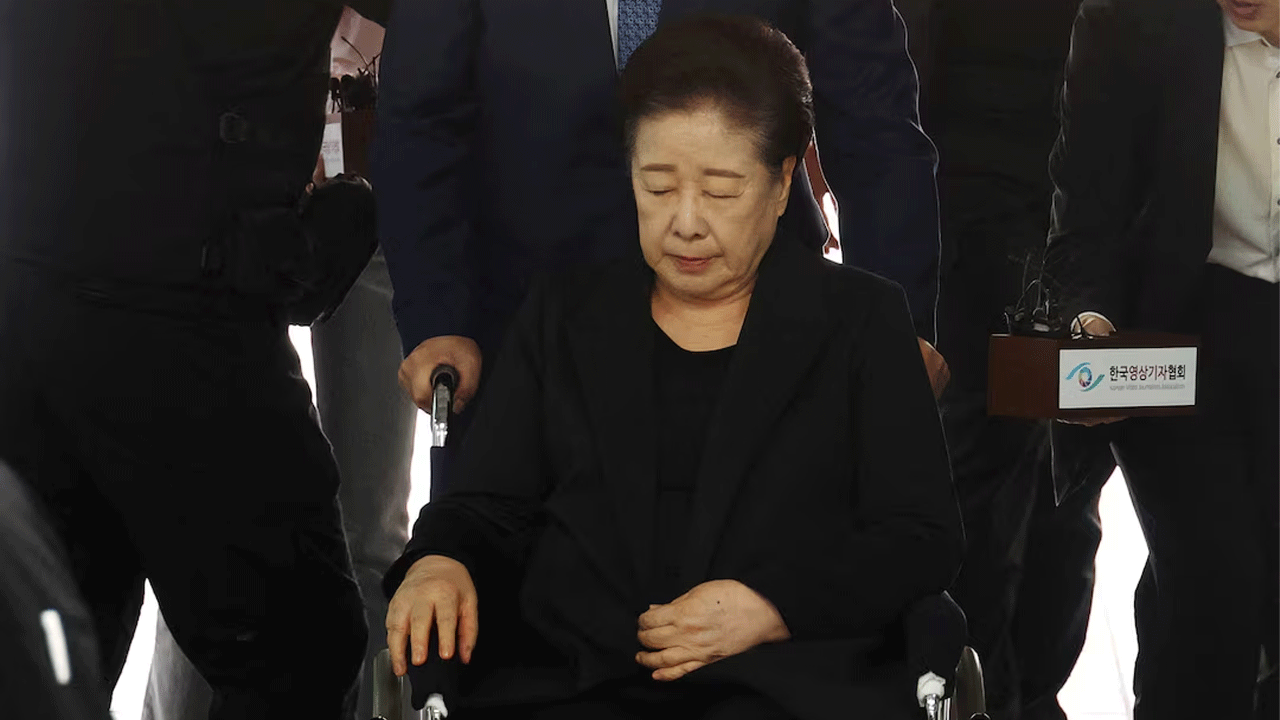
The Massachusetts Department of Public Health (DPH) has confirmed eight human cases of West Nile virus this season, following the discovery of two new cases.
One of the cases is for a woman in her 60s who was exposed in Middlesex County and another for a man in his 50s who contracted West Nile in Suffolk County.
As a result, this has led to elevated virus levels in Arlington, Chelsea, Medford and Waltham, the DPH reported.
Over the last 10 years, 80% of people become sick with West Nile in either August or September with 12% developing sickness after Oct. 1, Public Health Commissioner Robbie Goldstein wrote in a statement.
“We are almost out of the peak season for the spread of West Nile virus to people in Massachusetts,” Goldstein explained. “But because some risk will continue until the first hard frost, we are encouraging everyone to continue to take the necessary steps to protect themselves from mosquito bites by using mosquito repellent and wearing long sleeves and pants to reduce exposed skin.”
The first mosquitoes in the state that tested positive for West Nile virus were announced on June 17.
Since then, the virus risk has become high in 47 municipalities including Suffolk, Middlesex, Essex, and Worcester counties and moderate in 210 cities and towns in Barnstable, Berkshire, Bristol, Essex, Franklin, Hampden, Hampshire, Middlesex, Norfolk, Plymouth, Suffolk, and Worcester counties.
This was after testing 445 mosquito samples during this season and finding them to be positive in these regions, the department wrote.
A goat in Lunenburg also tested positive for West Nile virus in July.
Scientists also discovered a total of 23 Eastern equine encephalitis (EEE) positive mosquito samples in Massachusetts this year. However no human or animal cases have been found as of Sept. 26.
How to avoid mosquito bites
The department suggests that people use insect repellent when outside. The repellent should be made with an EPA-registered ingredient such as DEET, permethrin, picaridin, or oil from lemon eucalyptus.
DEET products should not be used on babies younger than 2 months old and should be used in concentrations of 30% or less on older kids. Oil of lemon eucalyptus shouldn’t be used on kids under three.
The department also suggested that people reschedule any outdoor activities during peak mosquito-biting times — dusk to dawn.
People should also wear long-sleeved clothes to prevent mosquito bites. They should also remove standing water from their homes and install window screens to keep mosquitoes out of their homes.
The DPH also created an online resource called the Massachusetts arbovirus update, which provides daily readings on West Nile virus risk levels in people’s communities and around the state.



